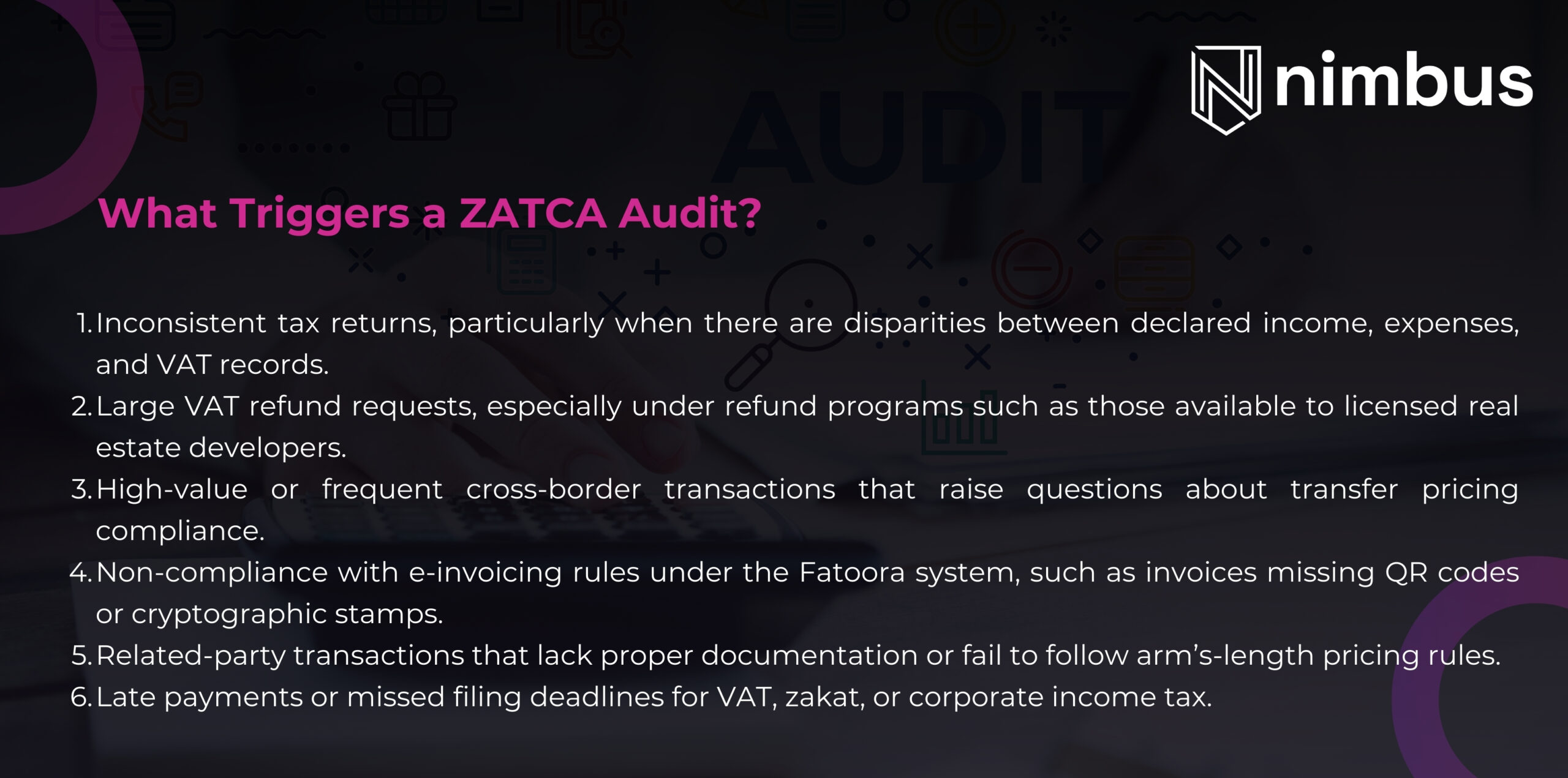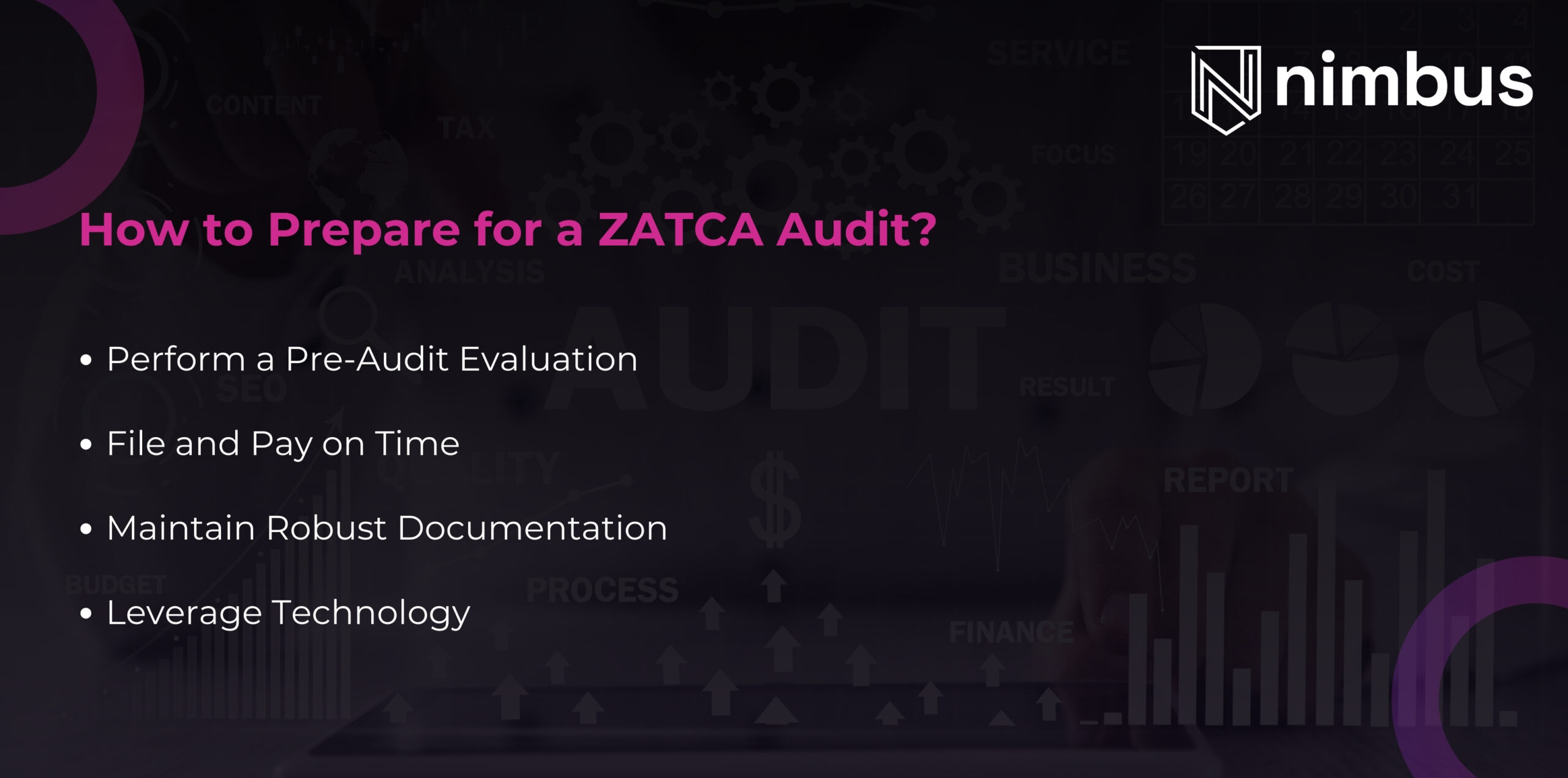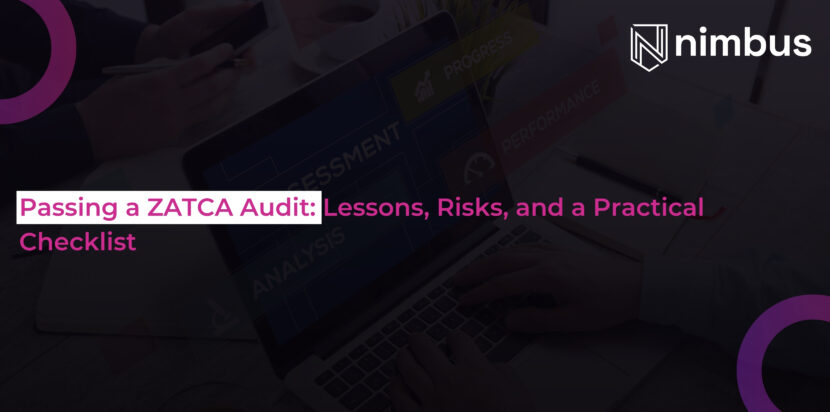Saudi Arabia is tightening its tax, zakat, and customs framework under Vision 2030, and with that comes more frequent and more rigorous audits from the Zakat, Tax, and Customs Authority (ZATCA).
For businesses operating in the KSA or thinking of business setup in the KSA, this means that compliance can no longer be treated as a back-office task. Nearly 70 percent of ZATCA’s tax collections come from VAT, making it a central focus of audit activity.
But corporate income tax, transfer pricing, and e-invoicing are also drawing greater scrutiny. Penalties for mistakes are steep: fines of up to 25 percent of unpaid taxes, interest on overdue sums, and in serious cases, legal action.
Preparing for a ZATCA audit is just about avoiding penalties; it is about protecting your reputation and ensuring the resilience of your Saudi operations. This post explains what triggers a ZATCA audit, what auditors look for, the most common mistakes businesses make, and how to prepare effectively, especially investors preparing for company formation in Saudi Arabia.
– What Triggers a ZATCA Audit?

ZATCA does not randomly select companies for audit. Investigations are usually prompted by certain signs in filings or business activity. Common triggers include:
- Inconsistent tax returns, particularly when there are disparities between declared income, expenses, and VAT records.
- Inconsistent tax returns, particularly when there are disparities between declared income, expenses, and VAT records.
- High-value or frequent cross-border transactions that raise questions about transfer pricing compliance.
- Non-compliance with e-invoicing rules under the Fatoora system, such as invoices missing QR codes or cryptographic stamps.
- Related-party transactions that lack proper documentation or fail to follow arm’s-length pricing rules.
- Late payments or missed filing deadlines for VAT, zakat, or corporate income tax.
– What ZATCA Looks for During an Audit?
Auditors typically review three main areas: corporate tax, VAT, and transfer pricing. Each has its own checklist of requirements.
1. Corporate Tax Audit
Corporate income tax is charged at 20 percent of adjusted net profits. Auditors will examine:
- Financial statements and whether zakat and tax computations align with audited accounts.
- Deductible expenses, such as salaries, board member remuneration, or partner wages, which must be supported by contracts or GOSI records.
- Reconciliation of asset records and unreported acquisitions.
- Filing compliance, particularly for businesses with tax liabilities over SAR 500,000, which must submit returns within 120 days of the fiscal year-end and make advance payments.
2. VAT Audit
With a 15 percent VAT rate, this is one of ZATCA’s most active audit areas. Auditors review:
- Input and output VAT accuracy using purchase and sales records.
- Consistency between VAT returns and financial statements.
- Documentation supporting VAT refund claims.
- E-invoicing compliance, including submission to the Fatoora platform within 24 hours, and invoices formatted correctly in XML or PDF/A-3.
- Zero-rated or exempt supplies, which must be supported with export or contract documentation.
3. Transfer Pricing Review
Transfer pricing regulations were extended in 2024 to include zakat payers, making compliance even broader. Auditors expect:
- A Controlled Transaction Disclosure Form (CTDF) and auditor’s affidavit within 120 days of year-end.
- Local and master files documenting related-party transactions and showing evidence of arm’s-length pricing.
- Country-by-Country (CbC) reporting for multinational groups with annual revenues above SAR 3.2 billion.
- Evidence of arm’s-length pricing for related-party sales, loans, royalties, and service agreements.
- Advance Pricing Agreements (APAs) where businesses want to lock in transfer pricing arrangements.
– Common Mistakes That Trigger Penalties
Even experienced companies can make errors that draw audits and penalties. Some of the most frequent mistakes include:
- Failure to comply with e-invoicing requirements, such as delayed uploads or missing QR codes.
- Late filing of corporate tax, zakat, or VAT returns.
- Inadequate documentation for related-party transactions or transfer pricing.
- Unsupported VAT refund claims.
- Excessive or undocumented expense deductions.
- Failure to update Ultimate Beneficial Owner (UBO) records.
- Poor record-keeping, including missing invoices or reconciliations.
– How to Prepare for a ZATCA Audit?

The best way to pass a ZATCA audit is to prepare long before the notice arrives. A proactive compliance approach can save time, reduce costs, and prevent reputational damage.
1. Perform a Pre-Audit Evaluation
Conduct an internal audit or “health check” to identify risks in corporate tax, zakat, VAT, and transfer pricing. Consider hiring advisors to simulate an audit and point out weak areas. Review your e-invoicing system to ensure it connects to the Fatoora platform and generates QR codes and XML-compliant invoices.
2. File and Pay on Time
Mark critical deadlines clearly. Corporate tax and zakat returns are due within 120 days of fiscal year-end. VAT returns are due by the 30th day of the following month. Advance payments are required in some cases, and penalties for late filings are significant.
3. Maintain Robust Documentation
Keep all required records organized and ready for inspection, including:
- Audited financial statements.
- Contracts for salaries, royalties, and related-party transactions.
- Master and local transfer pricing files.
- UBO registry filings.
- Sales and purchase listings and reconciliations.
- VAT exemption and zero-rating documentation.
4. Leverage Technology
Integrate payroll, invoicing, and accounting systems with compliance platforms to reduce manual errors. Automating record-keeping and reconciliations can make audits less stressful and reduce the chance of overlooked details.
– Why Preparation Matters?
Saudi Arabia’s tightening audit regime is a broader strategy to increase transparency, modernize governance, and align with global standards. For well-established businesses in the KSA, compliance is more about demonstrating credibility to regulators, investors, and customers.
Companies that treat audits as a checklist exercise often scramble at the last minute, risking fines and reputational damage. Those that prepare early, invest in robust systems, and partner with advisors emerge stronger, with better processes and improved investor confidence.
Stay Prepared for a ZATCA Audit
A ZATCA audit does not have to be an ordeal. With preparation, proper documentation, and timely filings, companies can navigate the process smoothly and avoid costly penalties. The key is to stay proactive: monitor risks, maintain accurate records, and understand what auditors are looking for.
For investors looking for Saudi business setup, audit readiness should be part of long-term strategy as strong tax governance signals to stakeholders that your company is built for growth and resilience in the evolving Saudi market.



